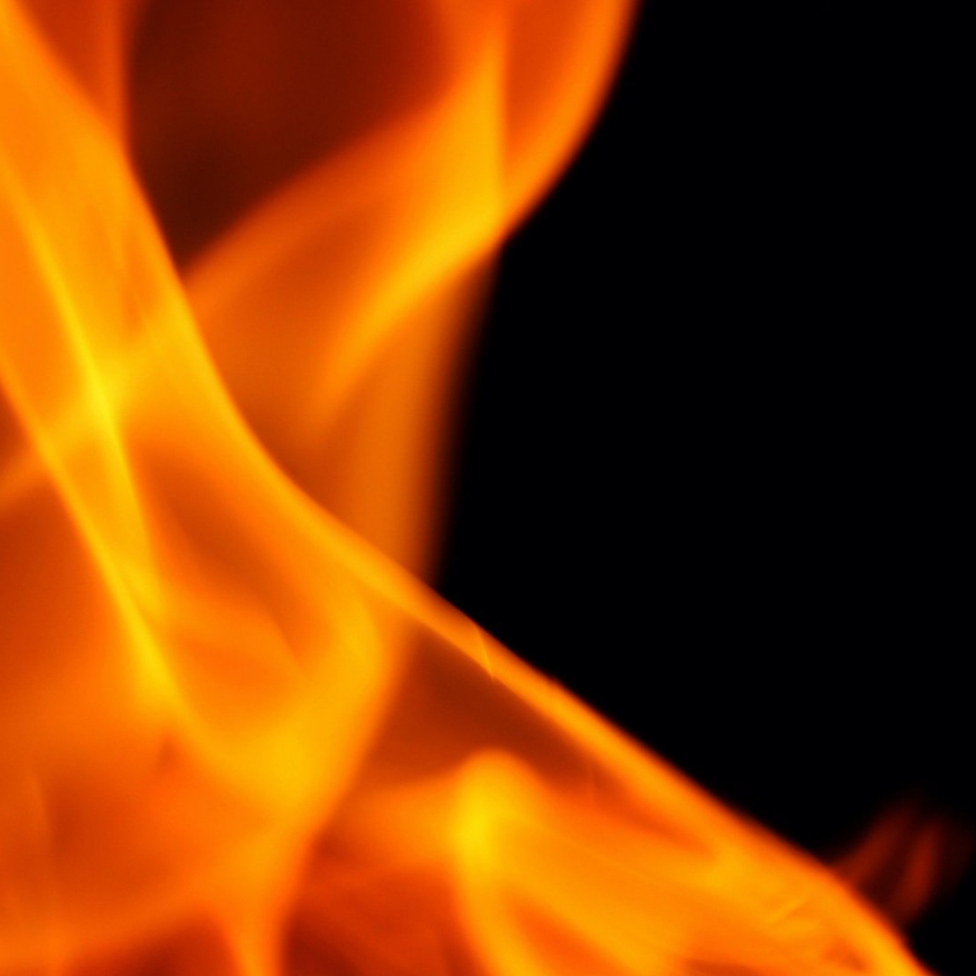
Gas or Propane: Which is Better for Your Outdoor Fire Feature?
The answer is simple: it depends! Gas fire features come with many pros that make them a favorite among homeowners for permanent installs. Propane is efficient, powerful, and portable, making it a desirable choice in many situations. Lifestyle, habits, and preferences are also significant factors in choosing which type of fuel to use. This article will dive into the benefits of each and help you pick the perfect fuel type for your new backyard feature.
Which is Better for Your Outdoor Fire Feature? - Natural Gas
Natural gas is the most popular type of fire pit for permanent installs because it requires the least amount of maintenance. Since it requires an installed gas line, natural gas fire pits have a constant fuel source that doesn't need refilling. Natural gas is also cheaper than propane, which means your fire pit can keep you toasty without breaking the bank.
Each fuel has its advantages over its wood-burning counterparts. Both burn clean with virtually no smoke or fumes, creating a cozy, distraction-free environment for conversation and cuddling. Additionally, the overall function and burner mechanisms of natural gas and propane fire pits are very similar, making them available in many styles, colors, and options, and requiring minimal maintenance or cleanup.
Th
ere are only a couple of drawbacks to using natural gas that is a result of it being a permanent solution:
- Installation - A natural gas fire pit requires professional installation of the appliance and the gas line if one isn't already available. Although more complicated and needing professional help, the payoff is an uninterrupted fuel supply to your fire feature.
- Lack of Portability - Since it requires a gas line to supply fuel, a natural gas fire pit cannot be moved without professional help and cost. Homeowners need to choose a fixed location for their custom fire feature and plan accordingly.
Which is Better For Your Outdoor Fire Feature? - Propane
Propane fire pits operate and perform very similarly to natural gas but still have several advantages. First and foremost, propane is primarily delivered by portable tanks making it easy to move and transport propane fire features. Whether you want to use a different location in your backyard or take your fire pit on the road with your RV, portable propane tanks make it easy to relocate. Propane's portability also makes it easy to install. Just connect the tank, check for leaks, and turn it on to enjoy the sweet ambiance of evening meals by the fire.
Like natural gas, propane fire features burn clean with no smoke, fumes, or ash that are common from solid fuels. To help with the aesthetic, most propane fire pits have a spot inside for the propane tank to keep things orderly and clean. In models that cannot hold a propane tank, side table enclosures can be purchased to hide the tank and match the design of the outdoor living area.
The primary disadvantages of outdoor propane fireplaces and fire features are:
- Maintenance - Since most homeowners don't have a large-scale propane tank installed on their property, propane fire features require more maintenance and periodic refilling of propane tanks.
- Cost - Propane is more expensive than natural gas. Additionally, even though it offers a higher BTU rating, using propane still costs more than natural gas.
- Aesthetic – Many fire features do not have a place for the propane tank to reside, and leaving it exposed is ugly and can ruin the vibe of your outdoor space. Purchasing a tank holder will keep it out of sight, but a gas line is required to run from the propane tank to the appliance, which can also kill the aesthetic and be a potential tripping hazard.
So Gas or Propane: Which is Better?
Deciding which type of fire pit is better for your family largely depends on how you intend to use it. For permanent installs and built-in outdoor seating areas, a natural gas fire feature professionally installed is ideal. Conversely, if portability is essential or a professional installation is not feasible, a custom propane fire pit will be the better fit.
At Firegear, all of our outdoor fire feature products can be configured to use natural gas or liquid propane. With either option, you can create the inviting and intimate outdoor experience of your dreams to enjoy year-round that matches your lifestyle and preference.